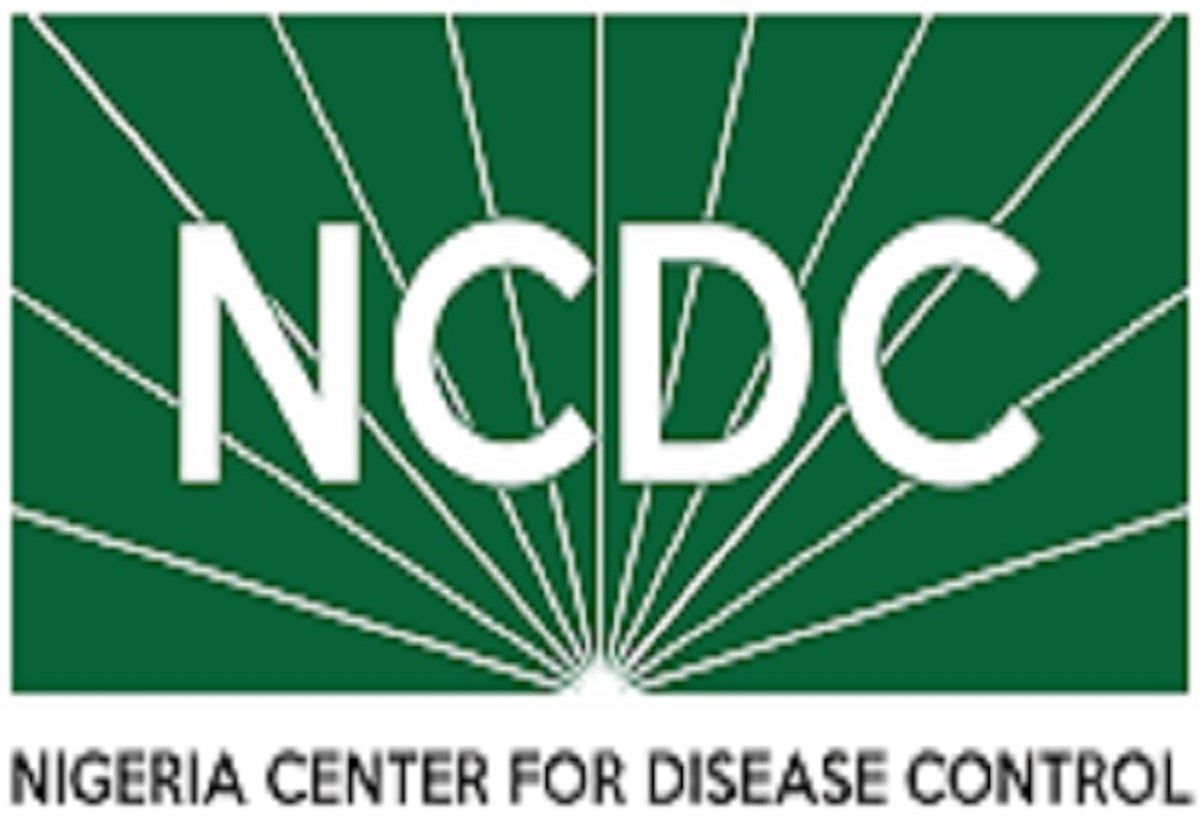
The Nigeria Centre for Disease Control and Prevention (NCDC) has warned that fragmented responses to health emergencies endanger lives, calling instead for unity, stronger coordination, and sustained preparedness to protect the nation’s health security.
The call came in the wake of a recent suspected Ebola case in Abuja — later confirmed negative for both Ebola and Marburg — which, according to the agency, exposed critical gaps in Nigeria’s epidemic response system.
Speaking in Abuja during a High-Level National Technical Review Meeting convened to assess the handling of the suspected case, NCDC Director-General, Dr. Jide Idris, described the incident as both a “stress test” and a wake-up call for the country.
“False alarms are not failures; they are opportunities to strengthen systems,” Idris said. “We must ensure that lessons from this response translate into sustained vigilance, stronger coordination, and better preparedness across all levels.”
He explained that the review focused on identifying shortcomings in surveillance, laboratory capacity, infection prevention and control (IPC), points of entry, coordination, and risk communication, with the aim of implementing corrective measures.
According to Idris, one of the major takeaways was the urgent need to update and consistently apply standard operating protocols across the healthcare system.
“Protocols are critical. They must be regularly reviewed, clearly understood, and strictly implemented. A single misstep can put health workers and communities at risk,” he warned, citing the dangers of mishandling protective gear during isolation procedures.
Stressing the importance of teamwork, the NCDC boss said epidemic response requires seamless collaboration between sectors. “We must work as a team. If one sector lacks resources or expertise, others must step in to fill the gap. Both the public and private sectors have critical roles, because Nigerians seek care in both.”
Reflecting on the tense hours of the suspected Ebola case, Idris noted that he coordinated the response with caution, balancing urgency with the need to prevent public panic.
“In moments like that, it is better to delay an announcement than to spark unnecessary fear. Fortunately, the lab results helped us avoid chaos.”
Beyond the immediate response, Idris emphasized that outbreaks raise wider questions around hospital operations, confidentiality, public trust, and national readiness.
He reminded stakeholders that Nigeria continues to grapple with Lassa fever, which remains endemic, even as the country prepares for potential incursions of Ebola, Marburg, and other viral threats.
“Preparedness is not a one-off activity. Each outbreak—whether Lassa fever, Ebola, or otherwise—teaches us lessons. Our responsibility is to ensure that those lessons strengthen our systems, our teamwork, and our standards,” he said.
Idris urged states to strengthen their own health security systems rather than relying solely on federal interventions, noting that while the Federal Government may have resources, many states still lag behind in epidemic readiness.
“Preparedness should not be about chaos or blame, but about procedure, teamwork, and adherence to standards that protect the nation in times of health emergencies,” he added.
He further called for the adoption of a One Health approach, integrating human, animal, and environmental health, to anticipate and contain cross-border and water-related disease threats.


